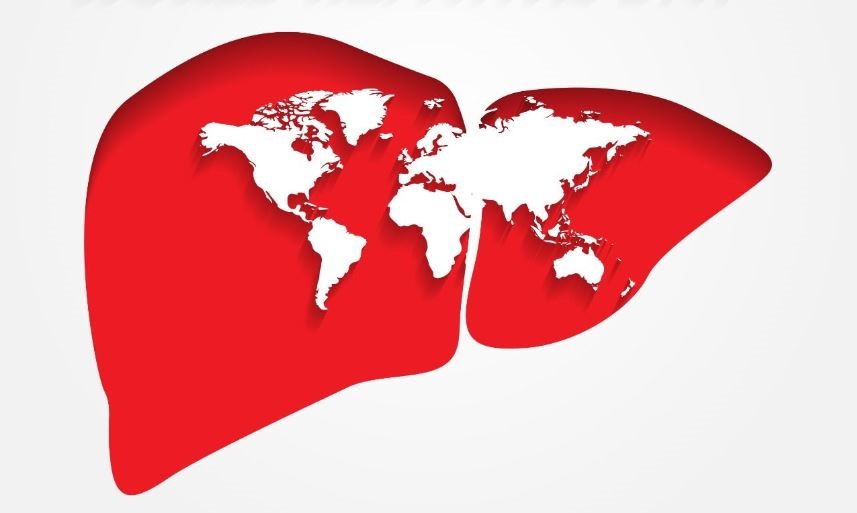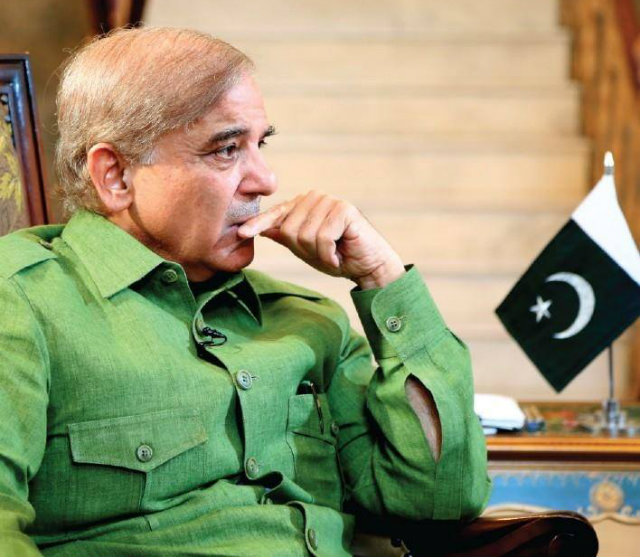By: Muhammad Shahbaz Rajper

From the period of communication and information-sharing through letters and posts, to telephonic communication, and social media, the world of communication and information-sharing has been revolutionized. Social Media is a platform where one expresses his opinions, engages into political debates, and mobilizes for various reasons. The rise of social media in Pakistan has impacted its political landscape. Despite facilitating easier connectivity and engagement, the politicization of social media has brought many challenges and opportunities.
The politicization of social media in Pakistan has impacted the various aspects of politics and society. Social media has provided an interactive platform for political parties, leaders, activists to engage with their followers, disseminate information among them, and mobilize them for their political gains. This engagement through the medium of social media has resulted in greater political participation especially in youth which can be witnessed through the increasing voter turnout. Along with that, social media has empowered people to hold politicians accountable, voice their concerns and have their say in critical issues of the state.
However, with all these facilitations provided by social media, there also emerge certain challenges to tackle. Social media has an abundance of fake news, misinformation, and propaganda that keeps on spreading which can potentially lead to the amplification of extremist narratives. Such misinformation poses a potent threat to the existing pillars of democracy and trust in public institutions. These factors make social media, a very difficult platform to extract the facts from fiction.
The world has moved way forward from traditional warfare. If World War III happens, it would surely be a war of technology and information. The weaponization of information is also a significant challenge faced by social media users. Social Media has become a tool of sharp power for the political parties and individuals who exploit the social media platforms to perform character assassinations, manipulate public opinion, and engage in structured disinformation campaigns. This rapid spread of misinformation creates a societal divide and chaos which hinders the development of society and state.
This spread of misinformation and propaganda through social media platforms can have consequences in the real world, especially during elections. Politicians and political activists manipulate public opinion, influence electoral outcomes, and undermine the integrity of the democratic process. Due to the modernization of technology, there is a significant threat of foreign interference and use of bots and troll armies to exploit and manipulate the online discourse which further exacerbates the risks.
The feature of anonymity is being misused which often causes harassment, toxic online behavior, and threats. Most often, the political discussions take extremist angles leading towards personal attacks which eventually increase the societal divide and hindrance in healthy societal atmosphere and dialogue. Due to the lack of accountability, moderation, and regulation at the social media platform, these hate speeches, misinformation, and threats keep on spreading.
Despite all these challenges faced through social media, the politicization of social media also provides opportunities and benefits. Social media platforms being an essential tool for political mobilization can also help in grassroots activism and citizen engagement. Social media becomes the platform where marginalized people can raise their voices and highlight their issues. It also facilitates the sharing of alternate narratives contrary to the state or traditional media’s narrative. Political parties can interact with more people particularly youth through social media platforms and develop more inclusive political agendas.
To address the issues faced through the politicization of social media platforms, a multi-faceted approach is necessary. There is an immediate need to improve digital literacy programs to provide citizens with the awareness and skills to critically evaluate the information and identify disinformation. A regulating and monitoring mechanism should also be enforced by social media platforms to counter the spread of misinformation, regulate content, and enforce guidelines.
A multi-level effort engaging government, civil society, and social media platforms is also important to develop effective mechanisms to counter online harassment, disinformation, and hate speeches. Strengthening the legal framework and enforcing cybercrime teams to hold individuals accountable for any online actions is crucial in vanishing the toxic and extremist behavior often witnessed on these platforms. There exist both positive and negative aspects of the politicization of social media in Pakistan. While it is increasing political participation and greater access to information, the rapid spread of misinformation, online threats, harassments, and hate speeches are not neglectable. To empower social media for positive political participation, multi-pronged efforts are required. By fostering responsible online behavior, promoting digital literacy, and implementing robust regulation, Pakistan can navigate the challenges and embrace the opportunities provided by the politicization of social media.
The writer is an Undergraduate Student of International Relations at National Defence University, Islamabad. He tweets @Msrajper786






